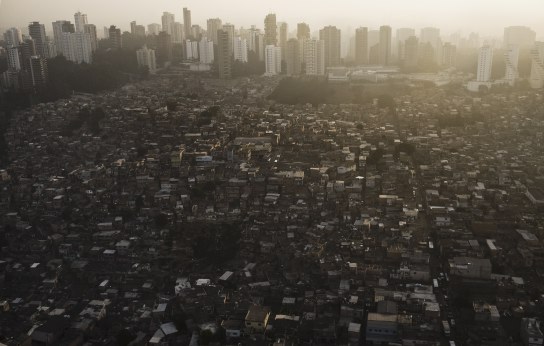A fundamental human right since 1948
Adequate housing was recognized as a human right in 1948, upon the adoption of the Universal Declaration of Human Rights. It is a universal right, accepted and applicable throughout the world as a fundamental human right.
Several international treaties affirm that governments have the obligation to promote and protect this right. Today, there are more than 12 UN instruments that recognize the right to housing. Despite that, the implementation of the right to adequate housing is still a major challenge.
More than a roof and four walls
The right to adequate housing is part of the right to an adequate standard of living. It cannot be reduced to a roof and four walls, but should be understood in broad terms as including the right of every person to have access to a home and community, to enjoy physical and mental health, and to live in safety, peace and dignity.
CIA DA FOTO
Adequate housing includes:
• security of tenure, without being afraid to be removed or to be subject to undue or unexpected threads;
• access to public services and infrastructure, such as education, health, leisure, transportation, electricity, potable water, adequate sewage and garbage disposal systems
• access to environmental assets, such as land and water, and to a balanced environment
• affordability, with costs compatible with the income levels or housing with subsides
• good housing conditions, with protection against cold weather, heat, rain, wind, fire, flood, risks of collapse or other threats to health and life
• priority for the needs of vulnerable groups such as women, children, the elderly and persons with disabilities
• proper location, with access to physicians and hospitals, schools, day nursery and transport, in urban or rural areas
• use of materials, structures and space in accordance with the inhabitant´s culture

